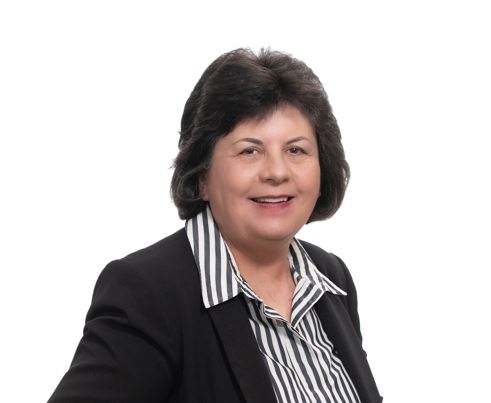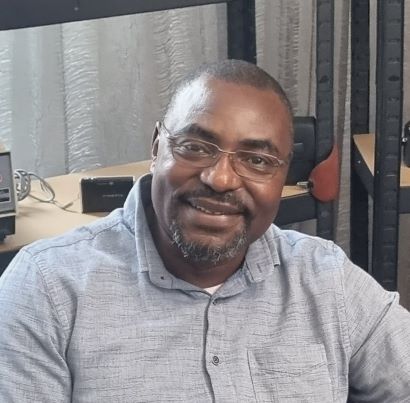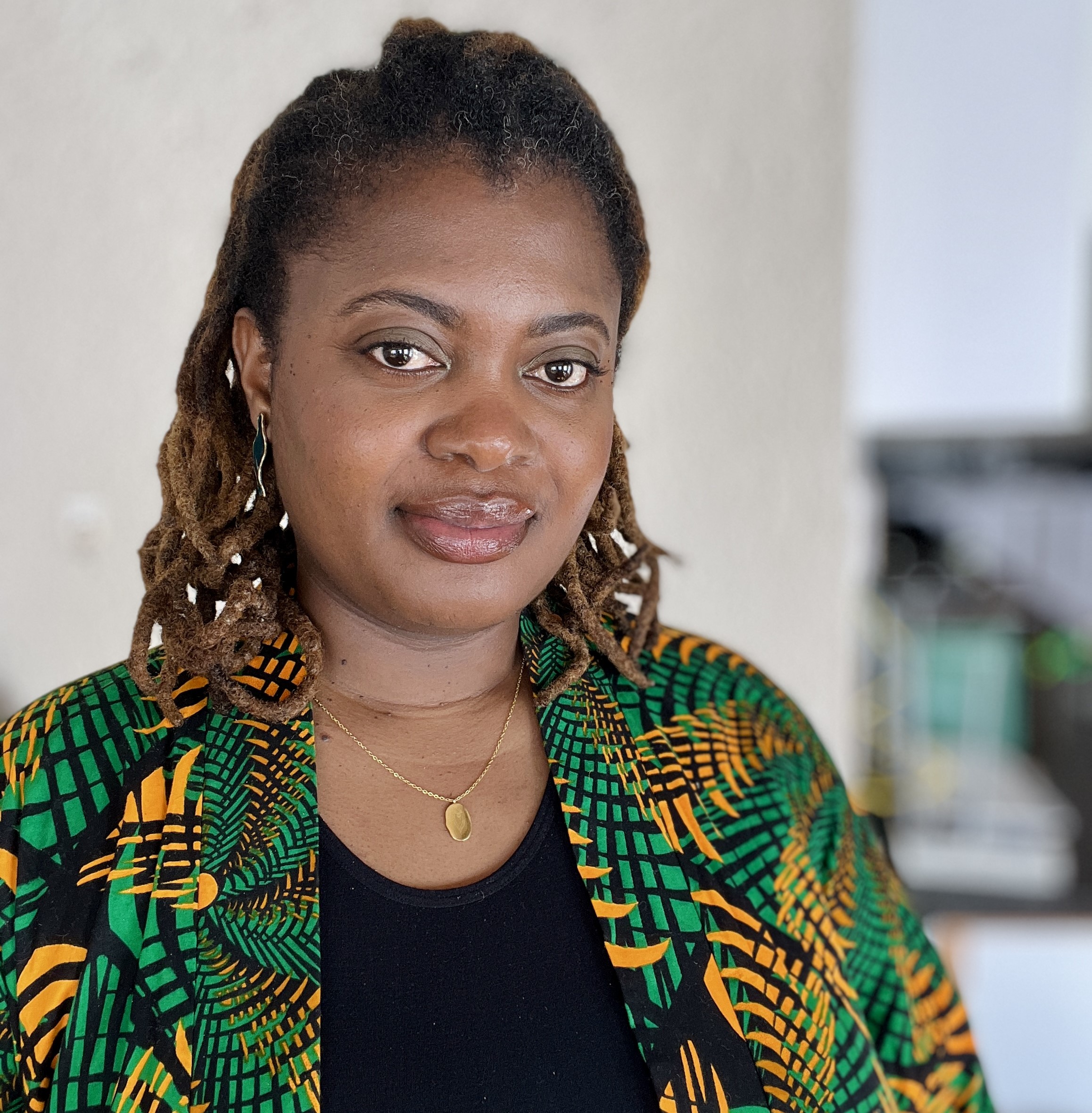By Thatohatsi Madumo
We’re kicking off a new blog series that unpacks the big ideas from the Engaged Research Conference. First up is Theme 1, which explores the power of working with communities and stakeholders to create research that truly matters.
Before we depart, let us take a look into what exactly is co-creation and participatory research. Participatory research and co-creation focus on the collaboration between academic researchers and non-academic stakeholders to adapt, or in certain instances, to even completely change the way we do traditional research (Greenhalgh et al., 2016; Blumenthal et al., 2013).
So, what role co-creation and participatory research have in engaged research?
When we talk about engaged research, one of the most important ingredients is participation. Research isn’t just about academics sitting in an office crunching numbers—it’s about people, communities, and the real-world impact that knowledge can have. This is where co-creation and participatory research step in.
Participatory research is built on relationships and trust. It means that the people most affected by a research topic are not just “subjects” of the study, but active voices in shaping it. When individuals and stakeholders are part of the process right from the beginning—and when they feel truly heard and seen—they tend to have much more positive experiences with the research (Benjamin et al., 2023).
And here’s the real beauty of it: co-creation doesn’t just make people feel included; it makes the outcomes stronger. By involving stakeholders in meaningful ways, researchers and communities together can design services, solutions, or interventions that actually work in practice. As Benz et al. (2024) highlight, this kind of collaboration leads to better and more satisfying results for everyone involved.
So, what does this mean for engaged research? Quite simply, it means moving beyond the “us versus them” divide. It’s about researchers walking alongside communities, building knowledge together, and ensuring that the work contributes meaningfully to the lives of those it touches. In the end, co-created research isn’t just more ethical—it’s more impactful.




